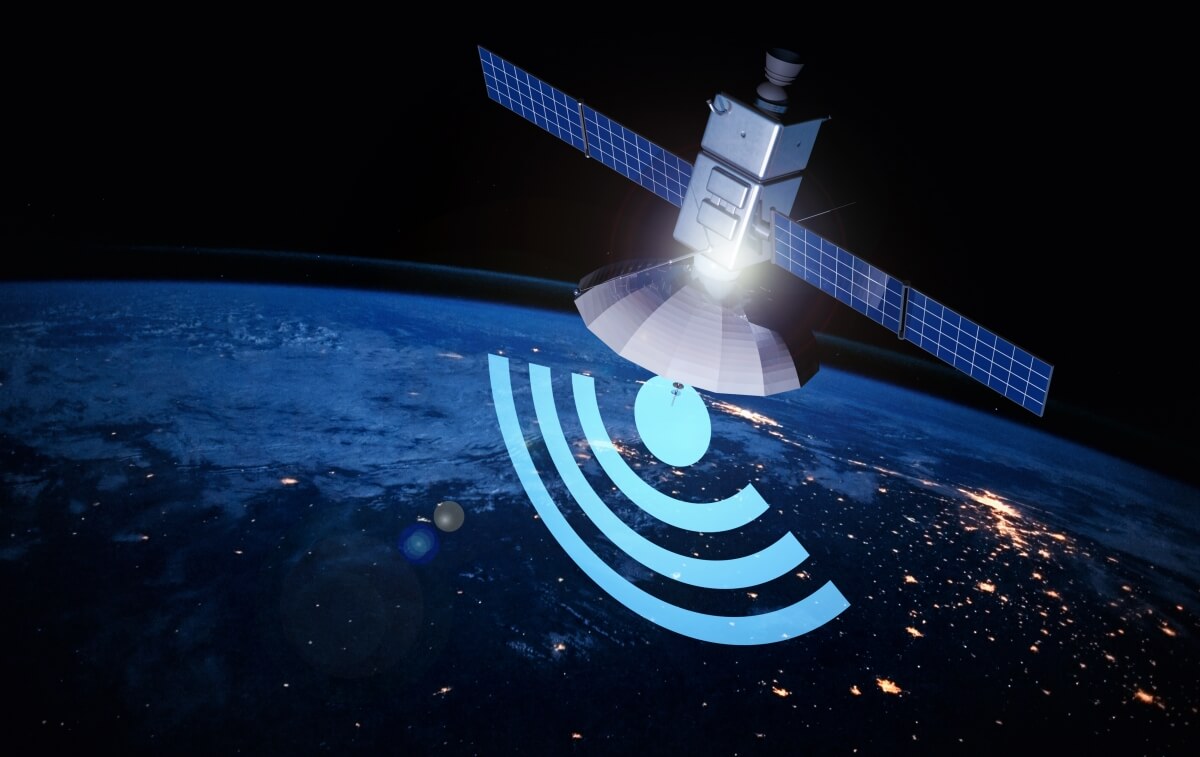Why it matters: Amazon in the application said its mission is to "be Earth's most consumer-centric company," adding that the Kuiper System is one of their ambitious projects to fulfill that mission. The tech giant said it has the expertise, infrastructure and financial resources needed to make the Kuiper System a success. Indeed, that's probably true on all accounts.
Amazon earlier this year announced intentions to launch a constellation of small satellites into orbit with the goal of supplying high-speed broadband Internet connectivity to tens of millions of unserved and underserved people in the US and around the globe.
Initial details were gleaned from documents filed with the International Telecommunications Union. Now, the e-commerce giant is turning its attention to the Federal Communications Commission.
Late last week, Amazon filed paperwork with the FCC to request approval for the venture. In it, the company reiterated plans to put more than 3,200 satellites into orbit at altitudes ranging from 367 miles to 391 miles. The satellites will have an estimated lifespan of seven years.
Amazon also cited studies pointing out that 3.8 billion people around the globe lack access to reliable broadband and that 21.3 million Americans are out of reach of fixed broadband.
The Seattle tech titan isn't the only company developing satellite Internet. Elon Musk's SpaceX is working on its own deployment, as is social networking titan Facebook.
Masthead credit: communications satellite orbiting the Earth by andrey_I
